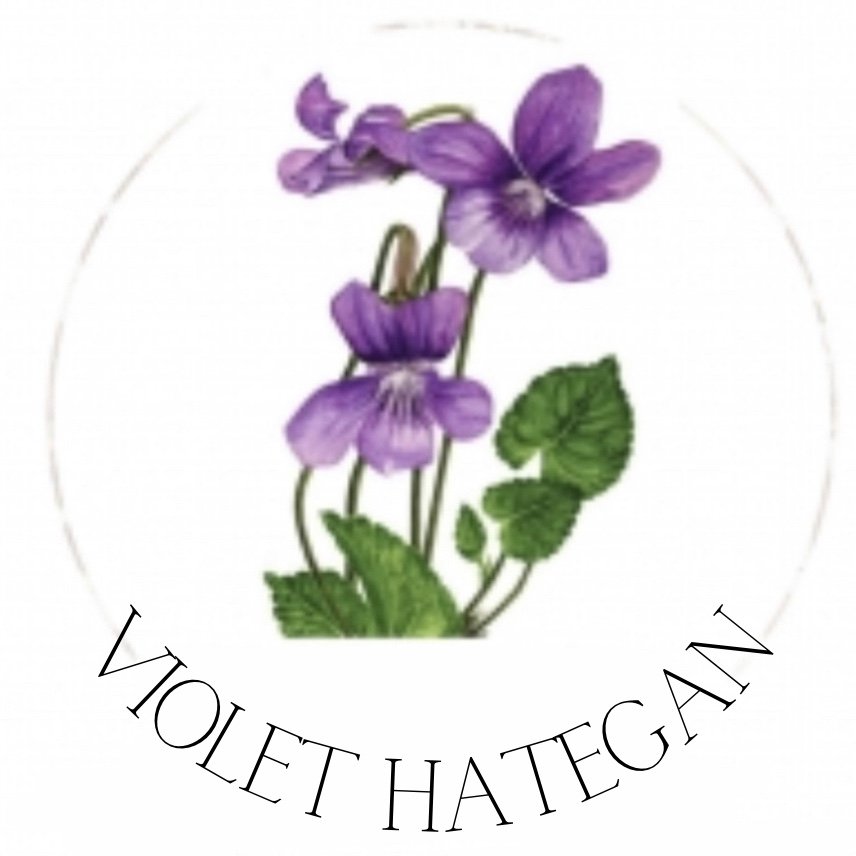What is reiki?
Reiki ("universal life force" in Japanese) is a healing practice, used to facilitate the flow of energy to address physical, spiritual, mental, and even financial challenges. Its historical roots lay in Japan and Tibet, primarily through the work of Usui Mikao and his students. For an easy-to-follow history of reiki, click below for a discussion with Frans Stiene, master reiki practitioner, historian, and Japanese language translator of over 25 years.
How does it work?
The University of Minnesota scientists theorize that reiki balances a "biofield" of energy. Biofield is a "term medical science has adopted for the intricately layered vibrational energy field that is said to surround and penetrate the physical body." Other practices that work with this subtle vibration of biofield energy include acupuncture, qigong, shiatsu, yoga/pranayama, and Healing Touch Program (accredited by the American Nurses Credentialing Center's Commission of Accreditation).
Is this backed by any scientific evidence?
The Center for Reiki Research is a hub of medical research published in national journals that show the effects of reiki in treatment of various diseases. In 1999, placebo standardization was introduced to study of reiki, meaning that all studies included tests to show the positive effect of reiki wasn't "just in your head," or the effect of placebo.
What happens during a reiki session?
A hands-on healing session involves the recipient laying down in a relaxed state, concentrating on a breathe exercise. I'm intuitively guided through several hand positions where the body is open to obsorbing Reiki energy. I incorporate crystal healing to balance the traditional Chakras as well as cleans and heal the recipients auric field. While doing all of this, I intuitively gain information to share with my client once the session is over.
How did you get trained?
I am honored to say that I am sixth generation from the founder of reiki, trained under Kerri Draper at Huntington Beach Reiki.
My reiki lineage (line of teachers, not relatives):
Usui Mikao
founder of the reiki system
Kanichi Tak Etomi
3rd president of the usui reiki ryoho gakkai
Koyama Kimiko
6th president of the usui reiki ryoho gakkai
Doi Hiroshi
current member of the usui reiki ryoho gakkai
Frans Stiene
International House of Reiki
Kerri Draper
Huntington Beach Reiki
Violet Louise Hategan
Wild Violet Oracle, Reiki & Energetic Awareness
"Reiki lineage" describes the line of teachers who trained or "attuned" each student after them. We are not relatives.
Is reiki a form of Buddhism?
No. The way that reiki is practiced in the West is not embedded in the same cultural context of Japanese Buddhist society where reiki was formalized. However, the esoteric roots of reiki undoubtedly carry Buddhist influence in the philosophical framework of reiki. For example, Buddhist philosophy influences concepts of universal energy, the five precepts, and what I would call manners of being as a practitioner, such as be humble, be compassionate toward yourself and others, and do not anger. See the video above with Frans Stein for more.
Where does a session take place?
Reiki sessions are conducted in-person and distance sessions, allowing you to receive Reiki healing from the comfort of your home from anywhere in the world.
When will I see results?
Some of my clients see results immediately, depending on the issue. Other clients take many sessions over months to undo complex and multilayered issues. No specific result is guaranteed. Most clients feel an immediate a sense of well-being, calm, light, and openness, regardless of their original issue. See more on my Testimonials page. Or feel free to contact me for more detail.
Are you covered by medical insurance?
I am not on any medical insurance panels.
How often should I get reiki treatment?
I leave this up to the client's comfort, as reiki is a form of access to energetic infinity, not a prescription.

